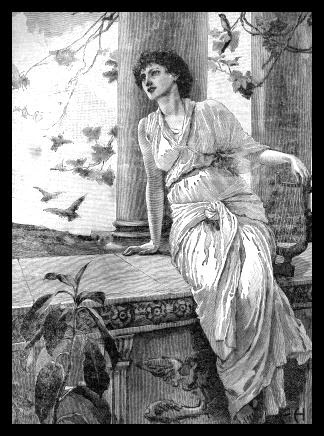 |
| The Traitor's Gate, London. |
When I was in London summer of 2013, I was able to spend a fair amount of time reading in the British Library (one of the most magical places on Earth). Given my interest in early usages of the term "Vampire" for a human who metaphorically sucks the life from its victim, the 1858 anonymous booklet,
The Vampyre by the Wife of a Medical Man,was a wonderful read.
In short, the author uses the metaphor of the vampire to describe the drunken life -- it is about temperance and the abstainer's pledge and the lure of drink which proves more alluring than keeping ones word. (At this time, temperance referred to abstinence from drinking.)
"She" (the anonymous author states) "Listen to me, whilst I describe to you some of the horrors of a drunkard's home, and some of the privations of the drunkard's wife and children"(2).
She then goes on to tell the story of a young man, the son of a drunkard father who cannot stand the fact that his son, "Herbert" will not join him in his sodden ways. In spite of his father's beatings and declaration that he will cut his son out of his inheritance, Herbert takes the "Abstainer's Pledge." Not a drop of liquor is to pass his lips. He makes a fair attempt to keep his pledge and to be as good as his word, but his choice of bad companions undercuts his willpower.
At first Herbert is able to disguise the fact that he has broken his pledge from his poor, long-suffering mother, and his increasingly pushy father, but not for long. Soon his personality changes and he becomes as abusive to his mother and the house-staff as his father has been to himself.
The young man enjoys accompanying his companions to "Mrs. Grasp-the-Air's shop, The Vampyre Inn, where Tommy, the husband serves an increasing amount of liquor to the weak-willed Herbert. Tommy and Mrs. Grasp-the-Air quite enjoy their roles in this story as devil's advocate since it brings their business increased income.
Eventually, Herbert kills one of the "friends" who attempts to talk him into changing his ways, and he is taken to the gallows while his poor mother weeps.
Like any good morality tale, the story ends, "Drink, Strong Drink! had it not, like a vampyre sucked the blood out of his father and grandfather! and finally, expinguish[ed] life itself?"
I will leave it to my reader to question if indeed the giving in to one of the many temptations of life and allowing it to have control over ones thought and deeds is indeed allowing a vampire to entirely suck life out of one.
Works Cited
"The Vampyre by the Wife of a Medical Man." London: A W Bennett, 1858. Print.







